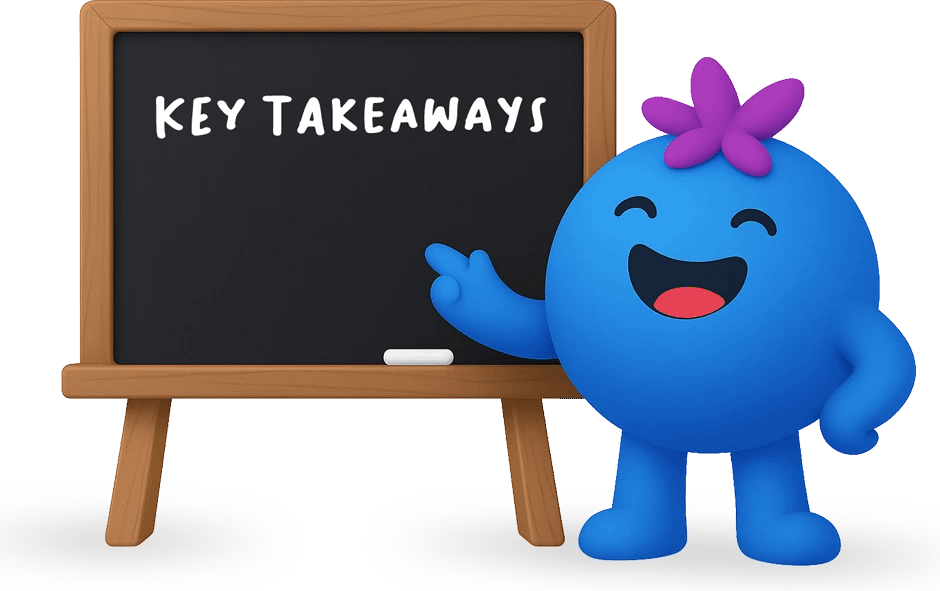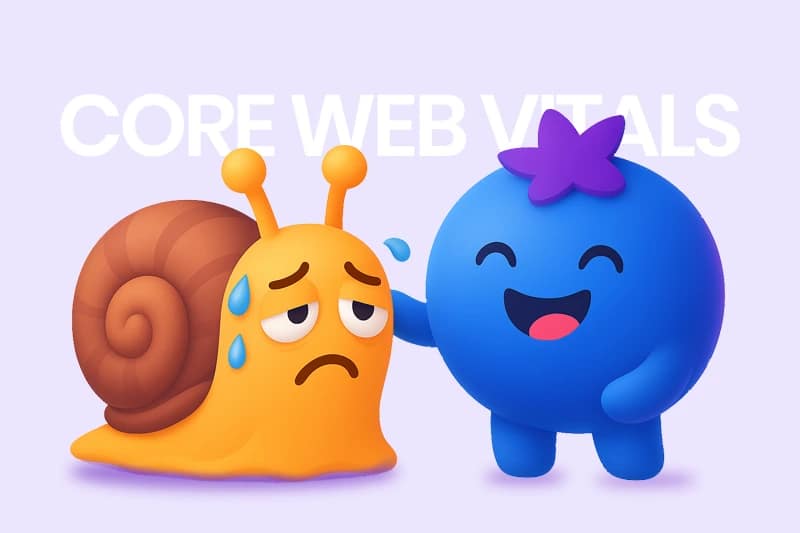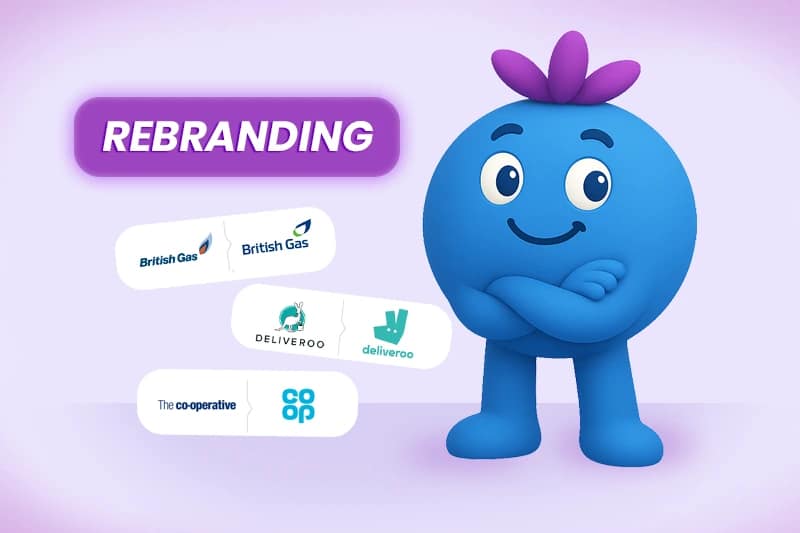Running a Facebook business page in 2025 is no longer optional. It is one of the most cost-effective and measurable ways to promote your business online, build credibility, and attract loyal customers. While many companies still treat social media as a casual marketing channel, those who approach it strategically see significant growth in visibility, leads, and sales. In this detailed guide, you will learn step by step how to manage a professional Facebook page, from creating your profile to analysing campaign results.
Step 1: Create a Complete and Professional Page
Start by visiting facebook.com/pages/create and setting up your page as a Business or Brand. Fill in every available field – company name, logo, banner image, contact information, website address, and opening hours. These details signal trust and help Facebook recognise your business as legitimate.
When setting up your page:
- Use your official brand name and avoid abbreviations or nicknames.
- Choose a profile photo that represents your business clearly (e.g., your logo).
- Design a professional cover image that reflects your values or main service.
- Add a short description using keywords your customers search for.
- Link your page to Instagram, WhatsApp, and your website to create an integrated ecosystem.
A well-completed page is more likely to appear in Facebook search results and can even improve your visibility on Google.
Step 2: Plan and Publish Your First Posts
Your first few posts set the tone for your brand. Instead of random updates, plan a small content series that introduces your company and demonstrates expertise.
Examples of what to post first:
- A welcome post explaining what your business does and what followers can expect.
- A short “meet the team” introduction or photo from your workspace.
- Showcase one of your most popular services or products with a clear description.
- Industry insights, facts, or helpful tips related to your niche.
- A limited-time offer or discount to encourage early engagement.
Maintain consistency — post two to three times per week. Regular publishing helps Facebook algorithms recognise your page as active and relevant.
Step 3: Build Your Initial Audience
Every business starts small, but smart tactics can help you gain momentum quickly. Begin by inviting people who already trust your brand and gradually expand your reach.
Effective ways to grow followers:
- Invite friends, family, and satisfied customers to like the page.
- Add a Facebook icon with a direct link to your site’s footer and contact page.
- Include your Facebook page in your email signature.
- Share your page in local business or community groups.
- Join industry-specific groups and engage genuinely as your business profile.
- Allocate a small daily ad budget (even £1–£2 per day) to promote a few high-quality posts.
Organic growth takes time, but quality followers who engage with your content are far more valuable than thousands of inactive likes.
Step 4: Design Consistent and Recognisable Visuals
Facebook is a visually driven platform. Well-designed graphics can increase engagement by up to 80%, according to Meta’s internal studies.
Follow these design rules:
- Always use high-resolution images (recommended 1200×630 px).
- Stick to a consistent colour palette that reflects your brand identity.
- Add subtle logo marks on graphics for brand recognition.
- Use online tools like Canva, Adobe Express, or Crello for quick, cohesive visuals.
- Ensure text on graphics is minimal, clear, and legible on both desktop and mobile.
If possible, mix professional photos with authentic behind-the-scenes content — it builds trust and humanises your brand.
Step 5: Create Engagement, Not Just Content
Posting is only half the job. The real power of Facebook lies in interaction. The algorithm rewards pages that actively engage with their audience.
To boost engagement:
- Respond to every comment and private message within 24 hours.
- Ask open questions and encourage discussions under your posts.
- Create polls, mini-surveys, and contests to involve your audience.
- React to follower posts where your brand is tagged.
- Publicly thank customers for positive reviews and testimonials.
People follow pages that feel alive. When your brand communicates like a human, not a company, you earn long-term trust and loyalty.
Step 6: Analyse Performance and Optimise Strategy
Facebook provides advanced analytics through the Meta Business Suite. Use it regularly to identify what type of content performs best.
Track and analyse:
- Post reach, engagement rate, and link clicks.
- Which days and hours deliver the highest interaction.
- Audience demographics (age, gender, location).
- The difference in performance between organic and paid posts.
Make data-based decisions. For example, if your videos consistently get more engagement than text posts, focus more on short educational videos or customer testimonials.
Step 7: Use Facebook Ads Strategically
Paid promotion remains one of the fastest ways to scale your results. Even small campaigns can bring measurable outcomes if targeted correctly.
Types of campaigns worth testing:
- Awareness campaigns – build brand visibility in your target area.
- Traffic campaigns – send visitors directly to your website or shop.
- Lead generation – collect contact details using Facebook forms.
- Post engagement ads – promote valuable organic posts to a wider audience.
Always use clear calls to action like Learn More, Contact Us, or Get Offer. Test different visuals and copy versions to see which combination performs best.

Conclusion
Running a Facebook business page is a long-term commitment, not a one-time setup. In 2025, success on social media depends on authenticity, valuable content, and consistent engagement.
A well-maintained Facebook page can:
- Strengthen your brand’s credibility and online reputation,
- Attract new customers organically through engaging posts,
- Improve communication and trust with your audience,
- Generate measurable sales and marketing results.
To get the best outcomes, keep your profile professional, your visuals consistent, and your messaging educational and authentic.
If you lack time or want to improve your strategy, the team at SocialBerry can help you manage your Facebook business page effectively — combining creativity, analytics, and real marketing experience to grow your brand online.
Mini FAQ, Don’t Be Green in Facebook Marketing

How often should I post on my Facebook business page?
Do I need to use Facebook Ads to grow my page?
What type of content performs best on Facebook in 2025?
Should I reply to every comment and message?
What’s the biggest mistake in Facebook marketing?
Let Experts Manage Your Facebook Page
Running a Facebook business page takes time, creativity and consistency. At SocialBerry, we manage Facebook pages for UK businesses — creating posts, planning campaigns and improving engagement every week. Save your time and let professionals handle your Facebook growth with a clear, data-driven strategy.
Discover Our Facebook Management Service





